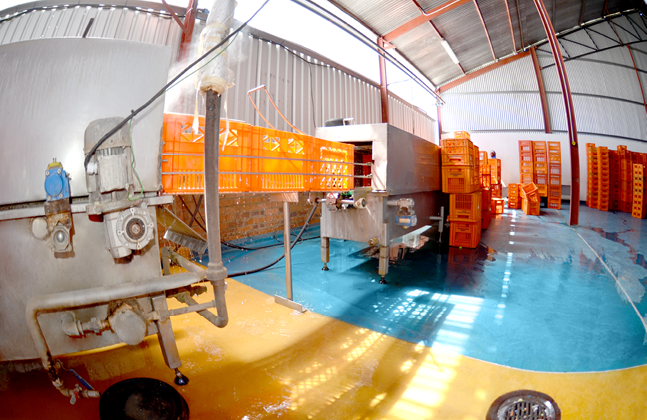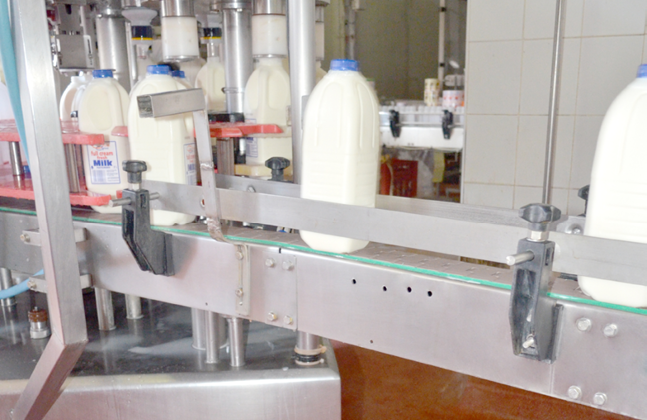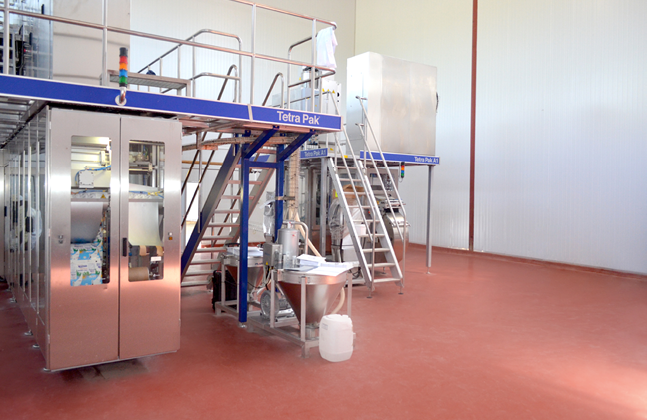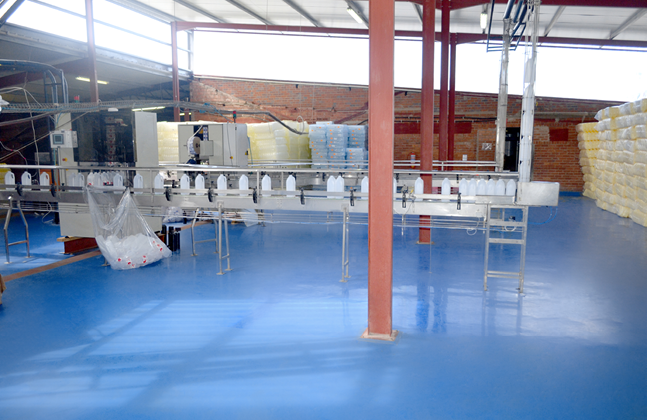To support the message of the United Nations World Milk Day, Flowcrete India has created a whitepaper on common dairy industry flooring issues and solutions.
Taking place on June 1st 2015, the day will highlight the importance of creating healthy dairy processing environments. As the world’s largest milk producer this is an especially crucial topic for India. In 2014 alone 140.6 million tons of fluid milk was produced in the country, amounting to roughly 17% of the global total! This figure is up 4.5% on the previous year and the sector shows no signs of slowing down.
To support this growth the industry needs to ensure that it has the right infrastructure in place to safely and effectively support its ever increasing output. One of the key aspects to consider when developing a new dairy, or refurbishing an old one, is the floor – as failing to properly consider this part of a dairy farm can lead to a long list of hygiene and productivity problems.
Using the correct epoxy floor in a milk parlor can significantly reduce wear and tear on cow’s hooves, while simultaneously providing a safe, slip resistant surface for the animals to walk across. A fit for purpose flooring system can also reduce lameness and hoof damage, resulting in an improvement in milk production levels.
Specifiying improper flooring in dairy barns can reduce animal well-being by inhibiting a cow’s movement, increase the risk of slipping and cause claw overgrowth, which creates unbalanced weight bearing.
In order to avoid detrimental affects on the milk’s purity and due to the nature of the industry, dairy processing plants are under closer scrutiny from regulators than many other food and beverage sectors. To ensure that these high standards are met, hygiene is absolutely paramount throughout the dairy farm complex, which can include a wide variety of different areas.
The stringent health and safety requirements means that flooring must be sanitised, cleaned and finished to a high standard throughout the dairy farm. It is also important for the floor to be resistant to a range of chemicals, especially commonly encountered substances such as lactic acid, so that its seamless, impervious finish is maintained.
Processing facilities should have adequate drainage to allow excess water to drain away. This is an important step in order to avoid water ponding, which is a major concern as it can become a breeding ground for harmful microorganisms. Slurry on the floor is another constant problem as it reduces traction on the surface, affecting animal mobility and increasing the risk of injury.
Click here to download the dairy industry whitepaper. If you would like to discuss flooring in a specific dairy farm complex, Flowcrete India’s resin flooring experts are always on hand for one-on-one consulations.








